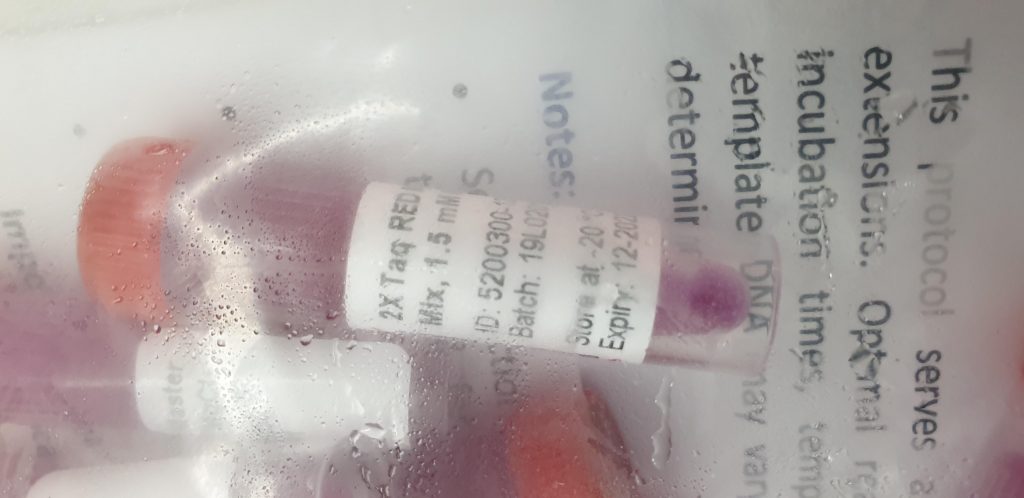There can be several reasons that lead us to decide on the production of customized monoclonal and polyclonal antibodies : there are no commercial references or those that exist do not work as they should, the amount of reagent we need is so high that it would not be profitable to supply ourselves with commercial aliquots , we want to protect the results or apply for patents …
But, what criteria should we follow to know if the production of a monoclonal or a polyclonal antibody is more convenient for us ?
Let’s try to find out.
There is a widespread belief that monoclonal antibodies (mAb) are of higher quality than polyclonal (pAb).
But is a mAb actually better than a pAb?
Well, like almost everything in this life, it depends. It mainly depends on the requirements of the trial that we have in hand.
Thus, for a test that requires maximum specificity (for example, when it is intended to discriminate between two isoforms of a protein) or a larger study in which homogeneity between batches is an indispensable requirement, the most appropriate choice would be the generation of a monoclonal antibody .
However, the most appropriate would be to opt for obtaining a polyclonal antibody , in the case of using for example immunoprecipitation (IP) techniques (where affinity plays a more important role than specificity) or when working on a proof of concept very basic for which we have a tighter budget.

Differences Between Polyclonal Antibodies And Monoclonal Antibodies
Let’s see the basic characteristics that differentiate both types of antibodies, and that can be decisive when making our choice.
It is essential to be clear about the application and the use that we want to make of our antibody, since there are cases in which an apparent inconvenience can become very useful. For example, the lack of specificity that is generally shown to be a disadvantage of polyclonal antibodies can be very valuable for:
- Amplify the signal: polyclonal antibodies are a heterogeneous mixture of immunoglobulins that recognize different epitopes of the same protein, so it is possible that several of them simultaneously bind to our target, resulting in an increase in the signal.
- Identify proteins that present small structural changes or high homology.
- Identify antigens of unknown nature.
- Confer greater robustness to detection due to the multiple epitopes to which they can bind.
As a general rule, polyclonal antibodies are more suitable when we carry out qualitative tests, while monoclonal antibodies provide better results in quantitative techniques.
As a summary, we leave you our suggestions for the applications of the most common monoclonal and polyclonal antibodies :
| Technique | polyclonal | monoclonal |
| WB | ϒ | |
| IHC/ ICC | ϒ (screening and identification) | ϒ (quantitative analysis) |
| Elisa | ϒ (direct / indirect) | ϒ (competitivo/sandwich) |
| IP/ Chip | ϒ | |
| FCM/ FACS | ϒ |
The differences between monoclonal and polyclonal antibodies are obvious, but this does not mean by itself that some are of higher quality than others. It all depends on the application that these reagents will have in our research, both at the level of the technique used, the budget that we have, and the medium-long term use that we want to give it.
If you are thinking of developing a monoclonal or polyclonal antibody for your project and you want us to advise you on a more specific aspect, contact us .
